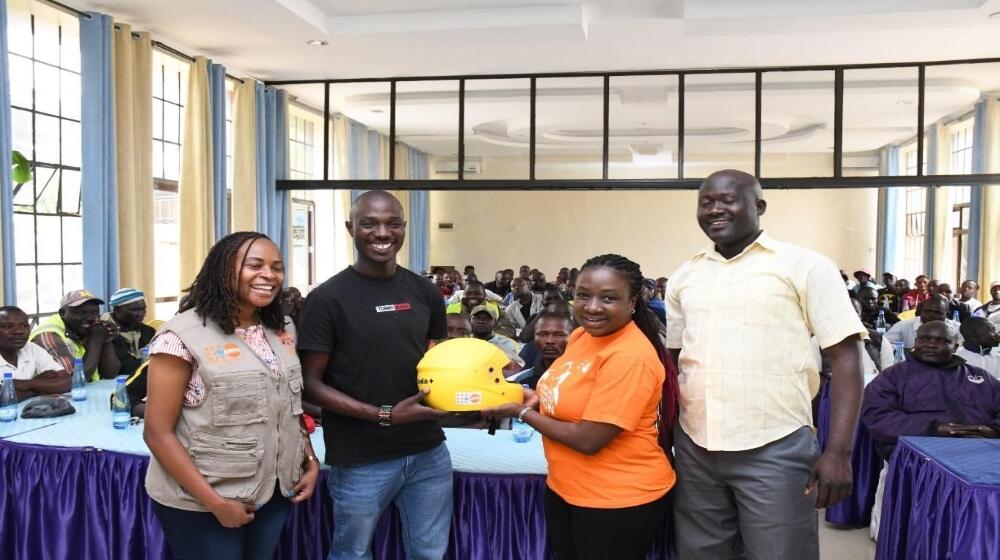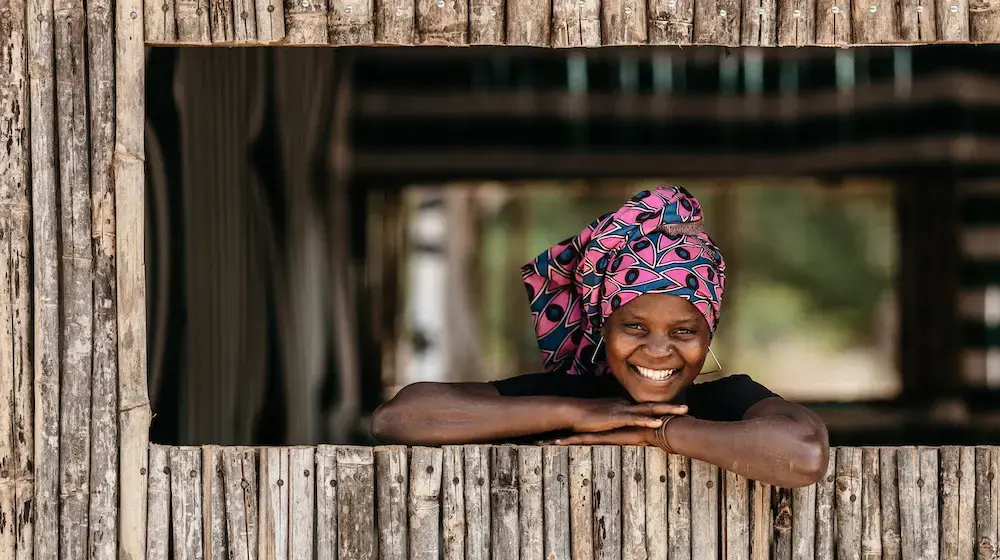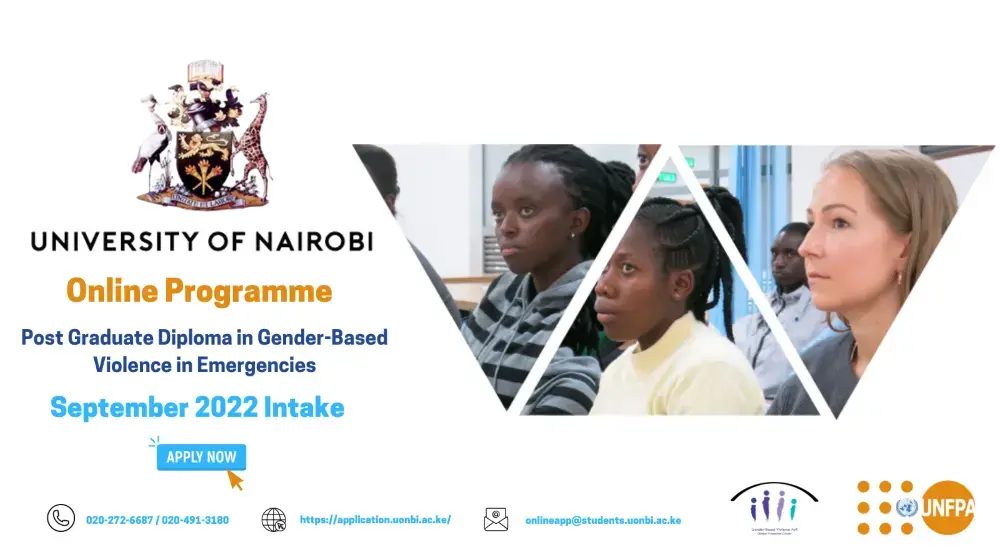Ahead of the 2022 general elections in Kenya, UNFPA engaged boda-boda (motorcycle taxi) operators on the prevention and response to gender-based violence in counties identified by the National Cohesion and Integration Commission as having a high risk for election-related violence. In Kisumu and Eldoret counties, more than 300 boda-boda riders were engaged in training sessions aimed at improving their capacity to ensure the safety of women and girls as they participate in the election process.
“Women rely on us and trust us to transport them to the polling station and back to their homes, and we must not abuse that trust,” said Boda-Boda Safety Association of Kenya Chairperson Kevin Mubadi. He called on the riders to be at the forefront in the prevention of all forms of violence, including abuse and aggression towards women and girls.
With support from UNFPA and partners including the Gender Violence ad Recovery Center, Healthcare Assistance Kenya, and the Collaborative Centre for Gender and Development, the Boda-Boda riders will establish a network of champions and collaborate closely with GBV sector partners to promote peaceful co-existence and zero tolerance to gender-based violence in their communities. The riders will act by disseminating information and key messages on gender-based violence as well as providing support to survivors through established referral mechanisms.
We want to ensure that communities are equipped to respond swiftly in emergency situations and boda-boda riders are crucial to ensuring that access to vital gender-based violence and reproductive health services remains intact for women and girls when such situations arise
Having an estimated footprint of over 1.4 million riders across the country, boda-boda operators play a critical role in addressing socio-cultural and gender norms that propagate harmful practices such as gender-based violence, child and forced marriages, as well as female genital mutilation. Through their day-to-day interaction with clients and knowledge of community terrains, they are in a unique position to provide support to women and girls, particularly in parts of the country where the road network is poor and motorcycles remain as the only available means of transport.
In line with the ICPD Programme of action, UNFPA works to sensitize, train, and empower stakeholders on the elimination of gender-based violence, which can often be exacerbated during a crisis. “We want to ensure that communities are equipped to respond swiftly in emergency situations and boda-boda riders are crucial to ensuring that access to vital gender-based violence and reproductive health services remains intact for women and girls when such situations arise,” said UNFPA Humanitarian Specialist John Wafula.





